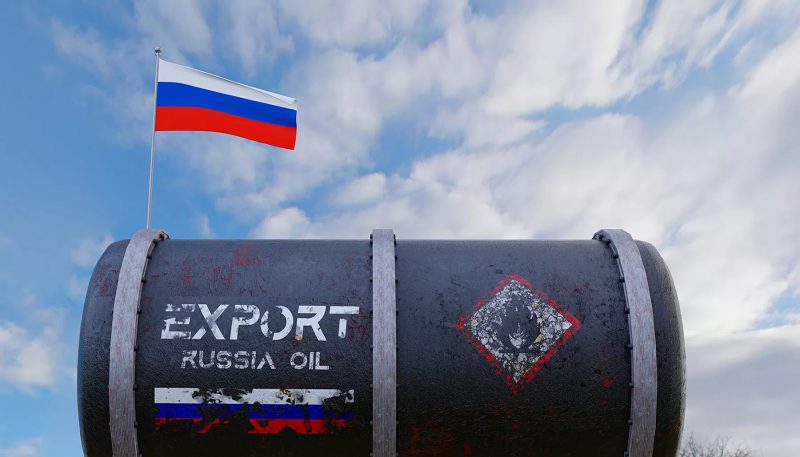In a recently negotiated deal to deliver Russian oil to India, Rosneft, a large Russian oil producer, and Indian Oil Corp, a top refiner, have agreed to use the Dubai oil-price benchmark. These companies are both state-controlled. This move is seen as them potentially abandoning the standard Brent benchmark, a long-set European standard.
This leads us to the question: Is Russia turning away from the Brent benchmark?
What is the Dubai oil-priced benchmark?
The Dubai oil-priced benchmark is also a pricing mechanism like the Brent benchmark for crude oil. The difference is that it is a more prevalent benchmark for the Asian market. It is a benchmark that is used as a pricing reference for both spot and forward contracts for Dubai crude oil. While the Brent benchmark is noted in dollars and used by European oil majors and traders, the Dubai benchmark is measured in the Fateh.
Also read: Saudi Arabia to Adopt Economic Strategy Without US Dependence: Report
Russia shifts to Dubai benchmark
According to Reuters and their sources close to the matter, this development is part of an overall shift in Russia’s oil sales in Asia after Europe declined Russian oil after their invasion of Ukraine. One of Rosneft’s executives stated earlier in the year that it is natural that the price of Russian oil would be determined outside of Europe now — Asia has emerged as the greatest buyer of Russian oil since the West imposed sanctions on oil exports.
Per the new agreement from March 29, Rosneft will almost double its oil sales to Indian Oil Corp., a state-operated refinery. Rosneft could sell up to 11 million barrels per month to Indian Oil Corp. for their new fiscal year starting April 1. The oil will be sold on Dubai benchmark quotes and discounted to around $8-$10 per barrel.





